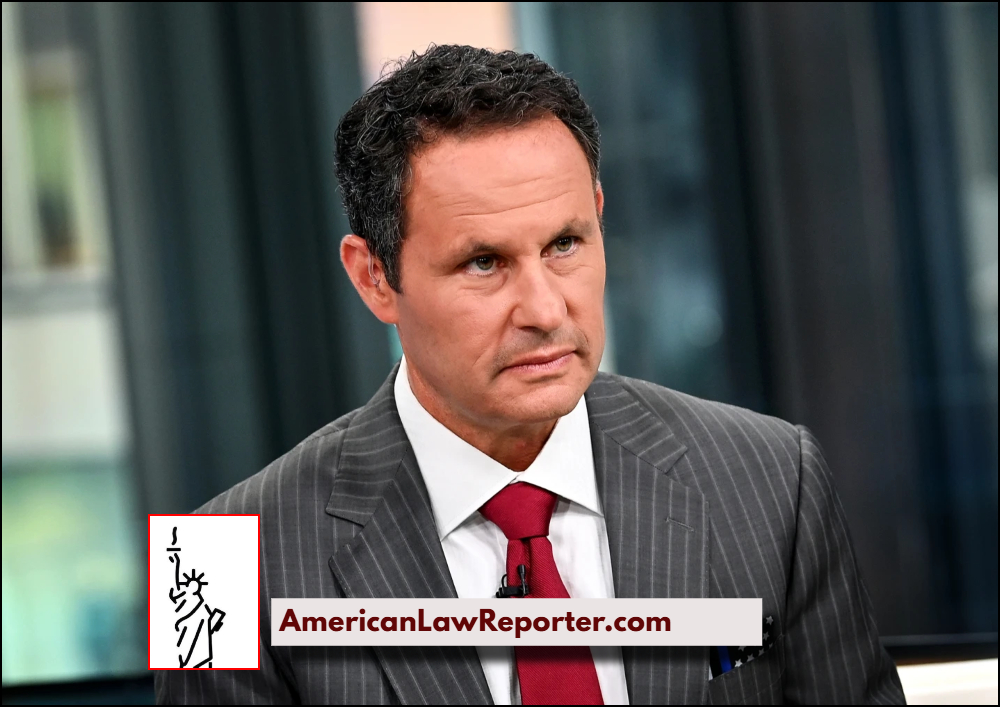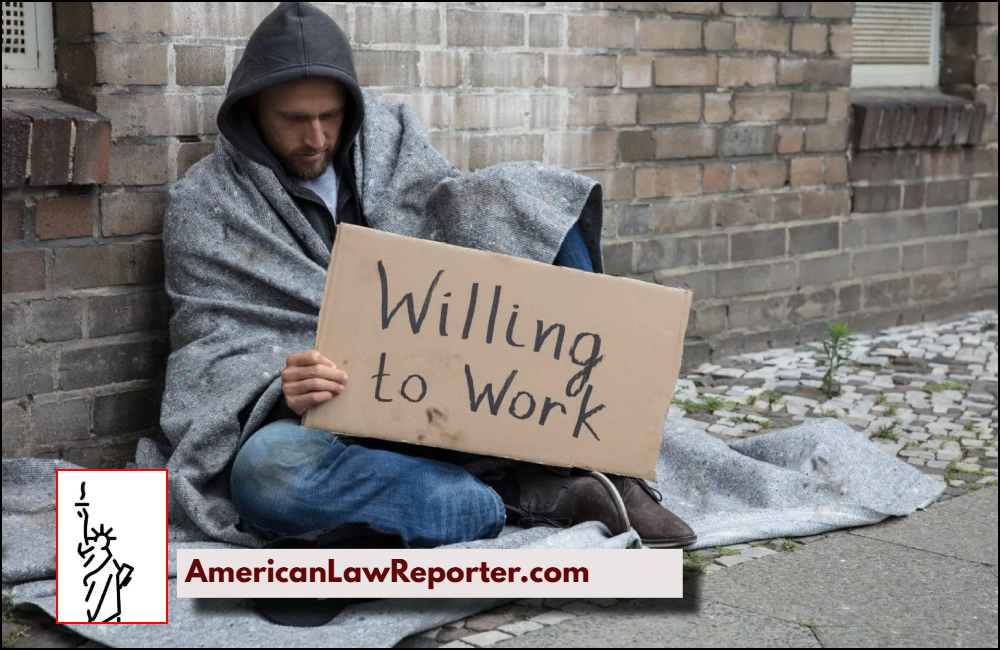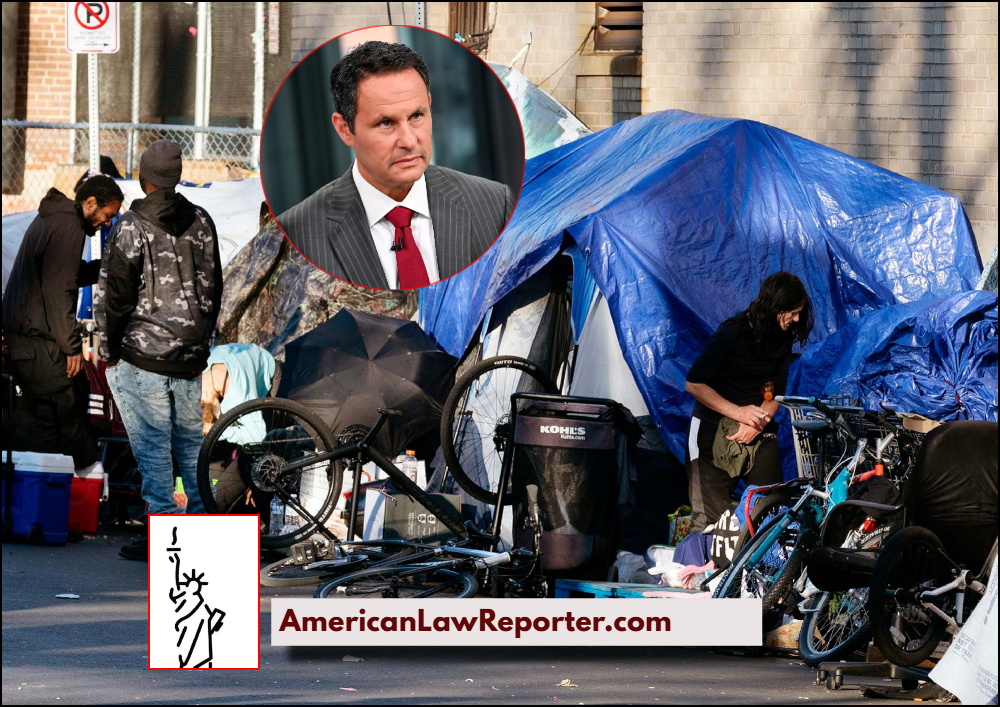Fox News host Brian Kilmeade is facing intense backlash after suggesting that the United States should consider “involuntary lethal injection” to deal with the country’s growing homeless population.
The remark, made on-air during Fox & Friends, came after journalist Lawrence B. Jones argued that billions in federal and state dollars allocated to homelessness and mental health have had little effect because “a lot of them don’t want to take the programs.” Jones proposed mandatory participation in such programs or jail time as the only solution.
Kilmeade responded: “Or involuntary lethal injection, or something. Just kill them.”
The chilling comment immediately drew criticism from legal experts, housing advocates, and civil rights groups, who warned that such rhetoric borders on advocacy of state-sponsored violence and could further stigmatize one of the nation’s most vulnerable populations.
He has since issued an apology on Sunday, September 14, 2025 over the remark.
The Legal and Ethical Implications

Kilmeade’s words touch on profound constitutional and human rights issues. The Eighth Amendment prohibits cruel and unusual punishment, and the Supreme Court has repeatedly struck down policies that criminalize homelessness outright, including bans on sleeping in public when adequate shelter is unavailable.
Civil liberties attorneys warn that even framing such ideas in mainstream media can embolden policymakers to consider punitive approaches over humane interventions, creating fertile ground for unconstitutional practices.
“This is not just reckless speech,” one constitutional scholar noted. “It is a dangerous normalization of extrajudicial punishment, inconsistent with U.S. constitutional protections and international human rights law.”
The Scope of Homelessness in America
Kilmeade’s comments arrive as the U.S. faces its worst homelessness crisis in decades.
According to the U.S. Department of Housing and Urban Development (HUD), more than 653,000 people were homeless on a single night in January 2023, marking a 12% increase from the previous year. That number is expected to rise when the 2024 data is finalized.
Key figures:
- 30% of homeless individuals are families with children.
- 40% are unsheltered, living in cars, tents, or on the streets.
- 25% of homeless adults live with severe mental illness.
- 16% are veterans.

In cities like Los Angeles, San Francisco, New York, and Seattle, encampments have become highly visible symbols of the crisis. Despite billions of federal, state, and municipal dollars dedicated to affordable housing and mental health programs, many cities remain overwhelmed.
Advocates argue that punitive measures — whether incarceration or forced institutionalization — do little to solve the underlying issues of housing affordability, untreated mental illness, and systemic poverty.
From Policy Debate to Dangerous Rhetoric
While debates over solutions to homelessness have long included mandatory treatment laws and encampment clearances, Kilmeade’s invocation of euthanasia represents an unprecedented crossing of ethical boundaries.
Even Jones’ initial comments — advocating jail for those who decline treatment — reflect a growing frustration among policymakers and commentators. But Kilmeade’s extreme suggestion, legal scholars argue, risks shifting the Overton window, making once-unthinkable policies appear discussable.
One housing rights advocate stated: “When a national news host suggests killing homeless people as an option, it doesn’t just shock — it endangers lives by fueling dehumanization.”
Public and Legal Response
As of September 2025, Fox News has not issued a formal statement clarifying or retracting Kilmeade’s remarks. Critics are calling on the network to discipline him or face advertiser boycotts.
Meanwhile, legal analysts stress that comments like these could feed into broader legal battles over how municipalities treat unhoused populations. The Supreme Court is set to hear another case this fall on whether anti-camping ordinances violate constitutional protections.
A Crisis Demanding Solutions, Not Scapegoating
Advocates argue that the focus should remain on evidence-based interventions: permanent supportive housing, expanded mental health services, job training, and rental assistance. States like Utah and Hawaii have piloted successful “housing first” models that reduce homelessness without criminalization.
“The problem isn’t that we’ve been too compassionate,” a housing attorney said. “It’s that we have underfunded affordable housing, failed to invest in mental health infrastructure, and left millions one paycheck away from the street.”
As the national debate continues, Kilmeade’s statement highlights the urgent need to confront not only the legal and policy dimensions of homelessness, but also the danger of rhetoric that strips people of their basic humanity.

